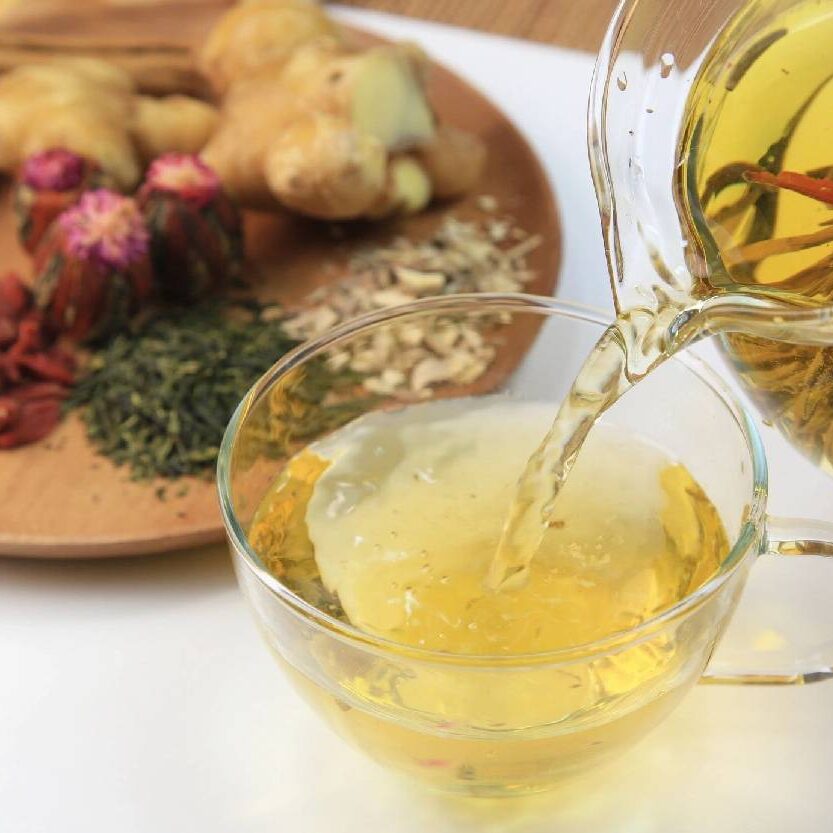By Dr. Karen Braga & Dr. James Belanger
- It is becoming more common to say, “….I’ll have that slice of chocolate cake with fudge frosting and a mocha to go please, … it is that ‘ time of the month’ you know.” Why? Does the chocolate and mocha have mood altering constituents which take away your irritability or do you need the extra minerals that these foods provide? Whatever the case may be, if you are tired of rolling with the highs and lows of your menstrual cycle, it is time to search for a more permanent solution. Start with the basics: Good nutrition, exercise & lifestyle changes.
- Sleep: When was the last time you experienced a good nights sleep? Disruptions in normal sleeping can lead to mood shifts including depression, increased irritability, stress, and anxiety- common symptoms associated with premenstrual syndrome. There are many herbs and nutritional supplements that can help induce a deep sleep without the side effects of perscription drugs.
- Exercise: Is exercise a regular routine throughout your week? Regular exercise can increase circulation to your pelvis and possibly reduce the incidence of painful menstrual cramps. Exercise also causes your body to release endorphins (natural pain killers) which put your body into a state of euphoria and well being. So if you have a sit down job, get up and move around, bring your knees to your chest and have your coworkers do it with you!
- Elimination: How often do you move your bowels? Most Americans go to the bathroom every one to three days. Optimal bowel function, however, is two to three times a day! It is very important to move your bowels a couple times a day to prevent the reabsorption of estrogens. Excess estrogen in your body may stimulate breast tissue resulting in cyclical breast tenderness. Excess estrogen may also increase the growth of uterine fibroids and cancer cells and cause irregular menstrual cycles.
- Water: Do you drink enough water? Yes at least eight, eight ounce glasses a day is very important along with an additional glass of water for every vice you have. If you drink one cup of coffee per day, for example, you should drink at least 9 glasses of water per day because caffeine is dehydrating. Staying well hydrated can reduce the incidence and/or severity of cyclical headaches and may protect against constipation.
- Nutrition: Do you eat a lot of white flour, semolina pasta and/or white bread? Research has shown that these foods may cause sodium and water retention and therefore, promote premenstrual swelling, bloating and weight gain. Consuming these foods may also increase appetite and sugar cravings. Most women with premenstrual symptoms tend to have less bloating on a diet high in complex carbohydrates such as brown rice, fruit and vegetables. Menstrual cramps are also less frequent and severe in women who eat smaller amounts of saturated fat such as dairy and higher amounts of fish.
- Herbs, Vitamins & Minerals: B-vitamins and magnesium are very important in preventing PMS. They help the liver excrete estrogen into the intestines and they can “balance out” the nervous system to help with anxiety or depression. These vitamins are particularly deficient in women who are on birth control pills. Herbs can be very helpful with PMS symptoms, but they must be carefully selected. Some, for example, may help cramps that occur in the lower abdomen while others may help menstrual pains which radiate down the back of the thighs.
You do not have to deal with the constant ups and downs in your cycle. Just a few changes in your diet along with exercise and nutritional supplements may help a great deal with your PMS symptoms. Your chocolate and mocha desserts will become more of a treat than a necessity.
Posted in Articles
